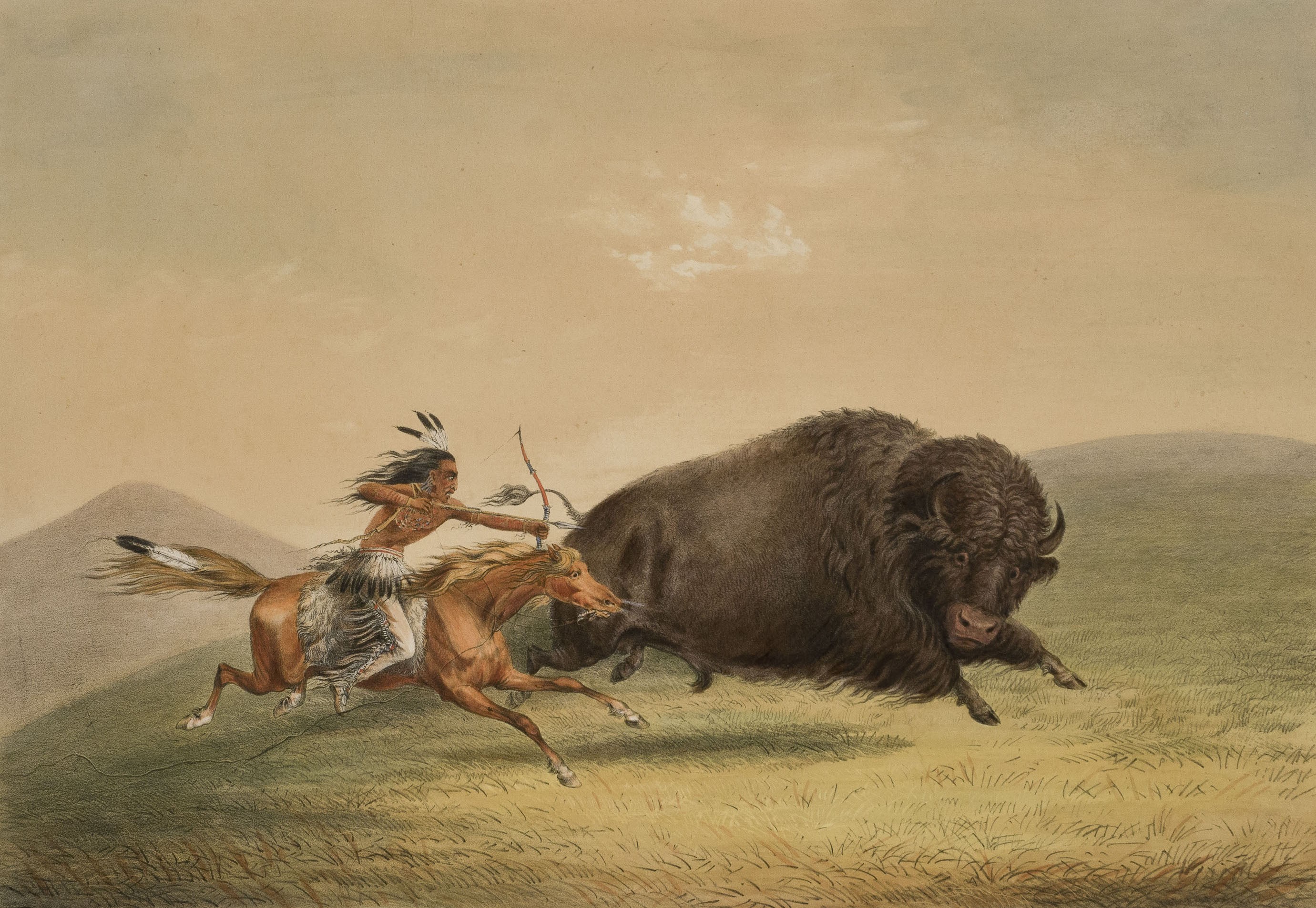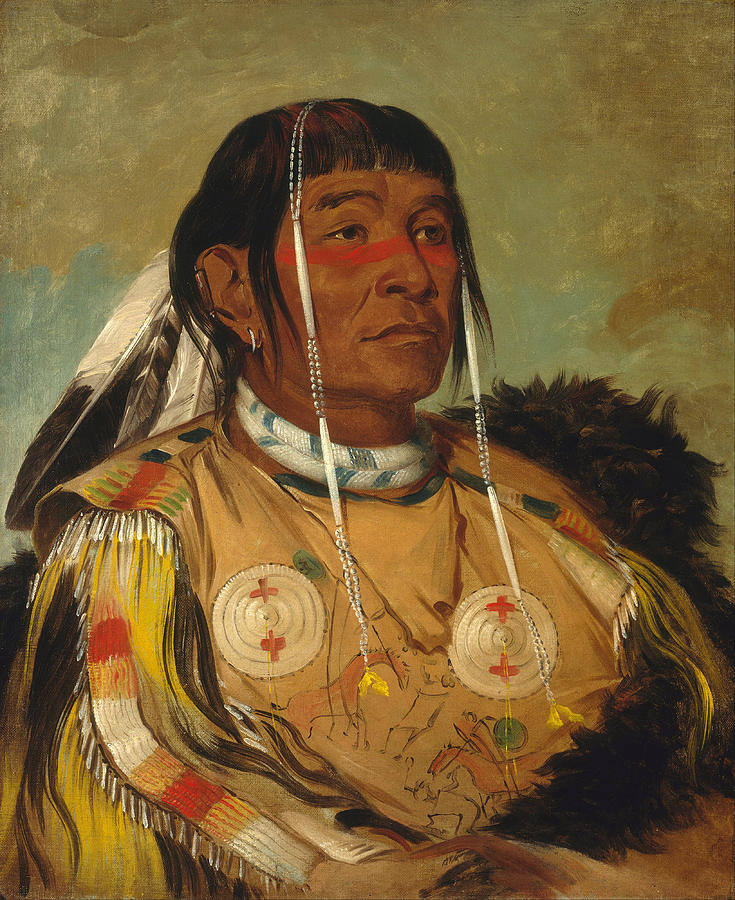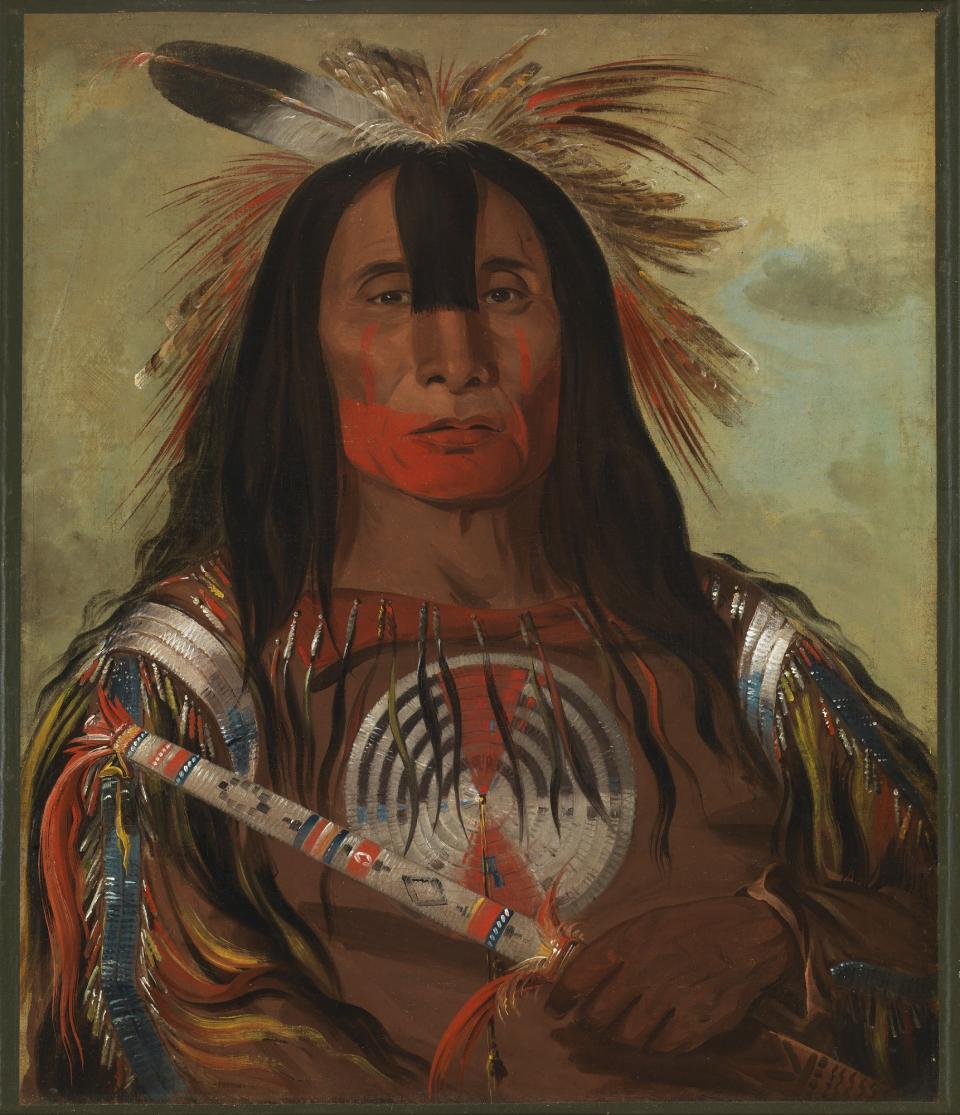"Indian" Vs. "Native American": What's The Truth?
Why do we use the term "Indian" to describe the indigenous peoples of the Americas, and does it truly matter? The answer, steeped in historical misinterpretations and evolving cultural sensitivities, is far more complex than a simple label.
The very genesis of the word "Indian" is rooted in a fundamental geographical error, a case of mistaken identity that reverberates through centuries. Christopher Columbus, the Italian explorer, believing he had reached the East Indies, a chain of islands off the coast of Asia, bestowed the label "indios" upon the people he encountered. He wasn't entirely fluent in Spanish, and some accounts suggest he may have been trying to express "a people in God" ("una gente in dios"). This initial misnomer, a product of navigational ignorance, became the enduring designation for the diverse populations of the Western Hemisphere.
The persistent use of "Indian" is a topic of ongoing debate and discussion. Many individuals of Indigenous descent prefer and embrace the term, considering it a term of endearment. For some, it's a collective term of identification, a means of recognizing a shared history and experience. Others may feel it's their right to choose and assert their own identity.
The complexities go beyond a simple etymological origin. As the narrative evolves, we recognize the significance of accurate representation and self-identification. The act of naming, therefore, becomes a sensitive subject. Some would rather identify themselves as American Indian or Native American, while others identify with specific tribal affiliations Navajo, Cherokee, Lakota, to name a few. These are the choices of those that the label affects.
The evolution of terminology reflects a broader awareness of cultural sensitivity and a desire to move beyond colonial legacies. While "Indian" may have been the initial misnomer, its continued use evokes the era of discovery and colonization. The rise of movements like the Native American rights movement further pushed for self-determination in the face of historic wrongs.
The historical context is critical. In Columbus's time, the world map was incomplete, and the vast expanse of the Americas was unknown to Europeans. The idea of a "New World" was yet to be fully realized. It is important to remember that in 1492, the term "India" itself wasn't even the widely recognized term for that region; it was known as Hindustan.
Columbus's initial assessment is preserved in his letters, such as his letter to King Ferdinand. The letter is a fascinating glimpse into the explorer's mindset and worldview, as well as the misunderstandings that shaped early encounters. He documented his "great victory" and his initial interaction with the "indians."
The comedian George Carlin, known for his astute observations on language and society, weighed in on the matter. Carlin's perspective on the subject serves as a reflection on the complexities of language and the ways we use words.
The debate on this is not solely about semantics; it touches upon profound issues of identity, history, and power dynamics. The question of what to call the indigenous peoples of the Americas remains relevant because it reflects our commitment to respecting and honoring the complex identities of all people.
The first usage of the term "Indian" to solely refer to indigenous Americans or American Indians can be attributed to the formation of the Native American Church in the early 1900s. This marked a pivotal moment, and demonstrates how, even within a historical context, terms can evolve and acquire different significance over time.
It's worth acknowledging that the understanding of history can change and it's very important to be wary of what we read or hear. The complexities of history and terminology are evident when discussing historical events. Historians, communities, and individuals often interpret the past with different perspectives and approaches.
It is this lack of definitive answers that makes the topic so intriguing. The difficulty in arriving at a single answer is a testament to the multifaceted nature of history. When we encounter these issues, we understand the diverse perspectives within history and culture.
The subject has also caught the attention of the younger generation. Many social media platforms contain content such as "George Carlin call them indians, not native americans" and "call them indians, not native americans." These posts highlight the variety of conversations happening today. Whether or not someone prefers "Indians," "Native Americans," or even specific tribal identifications, it should be considered a right for people to make the ultimate determination about their own self-image.
The experiences and perceptions of indigenous peoples, and the words they employ to describe themselves, must be at the forefront. The preference for a particular term should be respected as a matter of self-determination, an assertion of agency, and a reflection of cultural pride. It is, therefore, important to understand that many people feel this way.
One cannot ignore the existence of different points of view, and the desire for some to maintain a certain phrase. Therefore, the choice of terms must always be approached with consideration and sensitivity, because the ultimate goal should always be one of respect, understanding, and recognition of the diverse heritages and identities of Indigenous peoples.
| Attribute | Details |
|---|---|
| Name | George Carlin |
| Born | May 12, 1937, in New York City, New York, U.S. |
| Died | June 22, 2008, in Santa Monica, California, U.S. |
| Occupation | Comedian, Actor, Author |
| Years Active | 1950s 2008 |
| Known For | Stand-up comedy routines, satirical observations on American society, counter-culture themes, and his distinctive voice. |
| Notable Works | "Class Clown" (album), "FM & AM" (album), "Brain Droppings" (book) |
| Style | Dark humor, observational comedy, social commentary, irreverence |
| Political Views | Libertarian, with an emphasis on individual freedoms, and skepticism towards authority. |
| Awards | Five Grammy Awards for Best Comedy Album, the Mark Twain Prize for American Humor |
| Reference | Wikipedia |


